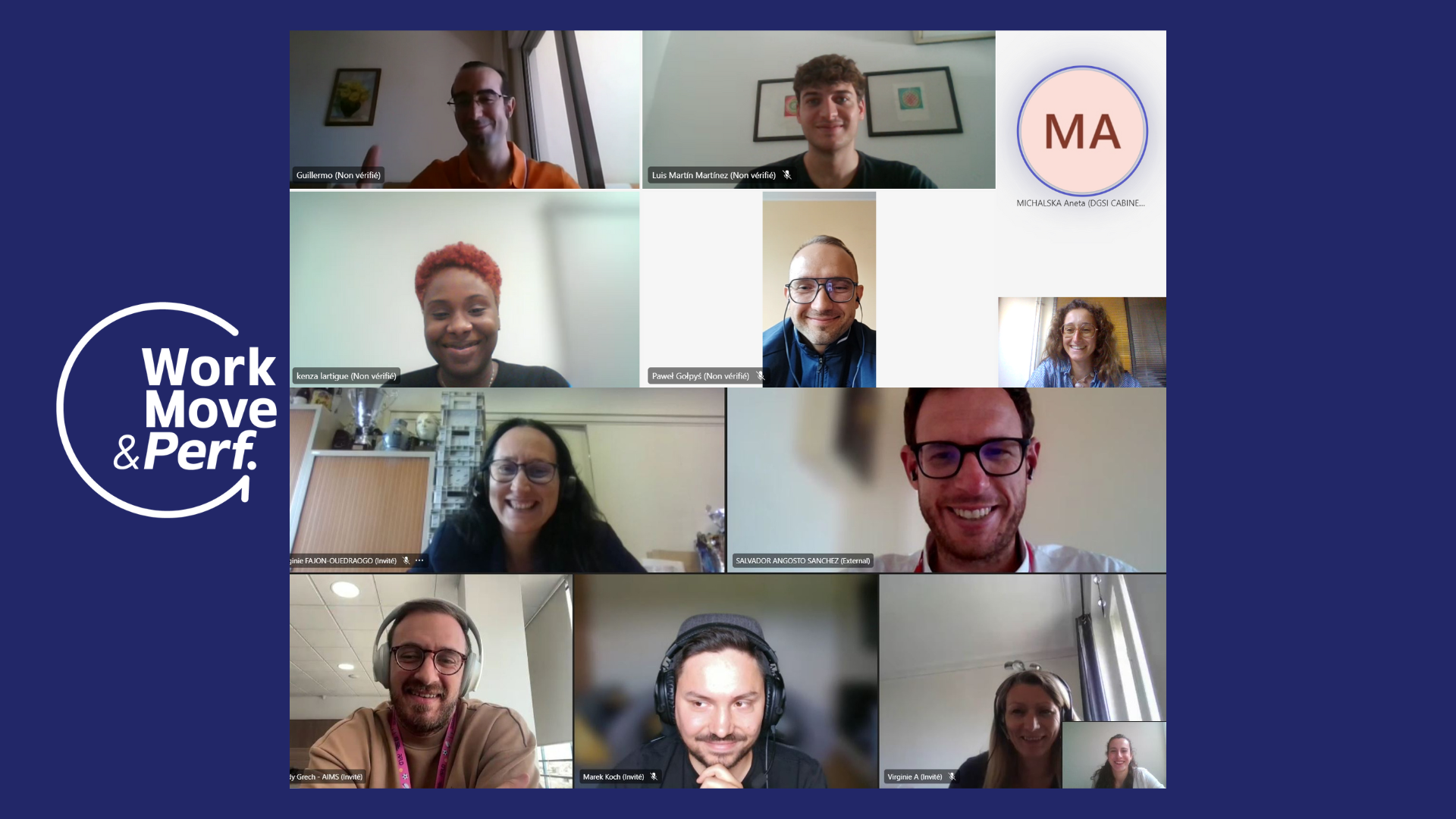
On 13 June 2024, online focus groups were conducted by University of Murcia researchers, Salva ANGOSTO and Guillermo FELIPE LOPEZ SANCHEZ.
The aim was to carry out a preliminary needs analysis on the integration of physical activity in the workplace. The aim was to sound out the views of both managers/decision-makers and employees. The discussion took place simultaneously in two separate online rooms, one for each profile.
The topics covered were: opinions on sport in the workplace (interest, practice, availability, accessibility, expected effects, etc.), well-being at work (absenteeism, sense of belonging, sociability, workload, etc.) and the link with performance (productivity indicator).
What emerged overall from the findings of the manager profiles group is that most companies are looking to facilitate the integration of physical activity into their employees’ work routines.
Financial resources can vary, as can the associated strategies: flexible working hours, extending the opening of facilities for longer hours, challenges or gamification, shower areas, support for participation in national or international events, human support such as coaches, psychologists or other specialists.
Finally, the main obstacles or challenges indicated by managers are motivating and attracting employees to take part in physical activities or events promoted by the company.
Although managers are convinced of the positive role of physical activity, none of them has yet evaluated the gains in terms of productivity.
What emerged overall from the findings of the employee profiles group is that those who already engage in physical activity as part of their job experience positive effects on their well-being and a reduction in stress and productivity at work. People in sedentary jobs in particular are particularly stafisfied. According to them, the main limitations or restrictions to implementing new initiatives are: having a very small office, lack of will from the manager who doesn’t see the point, or lack of budget. Finally, the main challenge is to make people aware of the opportunities that physical activity can bring to their lives and work.

In conclusion, by cross-referencing these feedbacks, the need to establish a concrete link between activity programmes at work and productivity is confirmed.
On the one hand, non-initiated employees need to be made aware of what they have to gain in their daily lives and in their organisation.
On the other, we need to make decision-makers aware of the concrete contribution in terms of management and the return on investment for team and company performance.